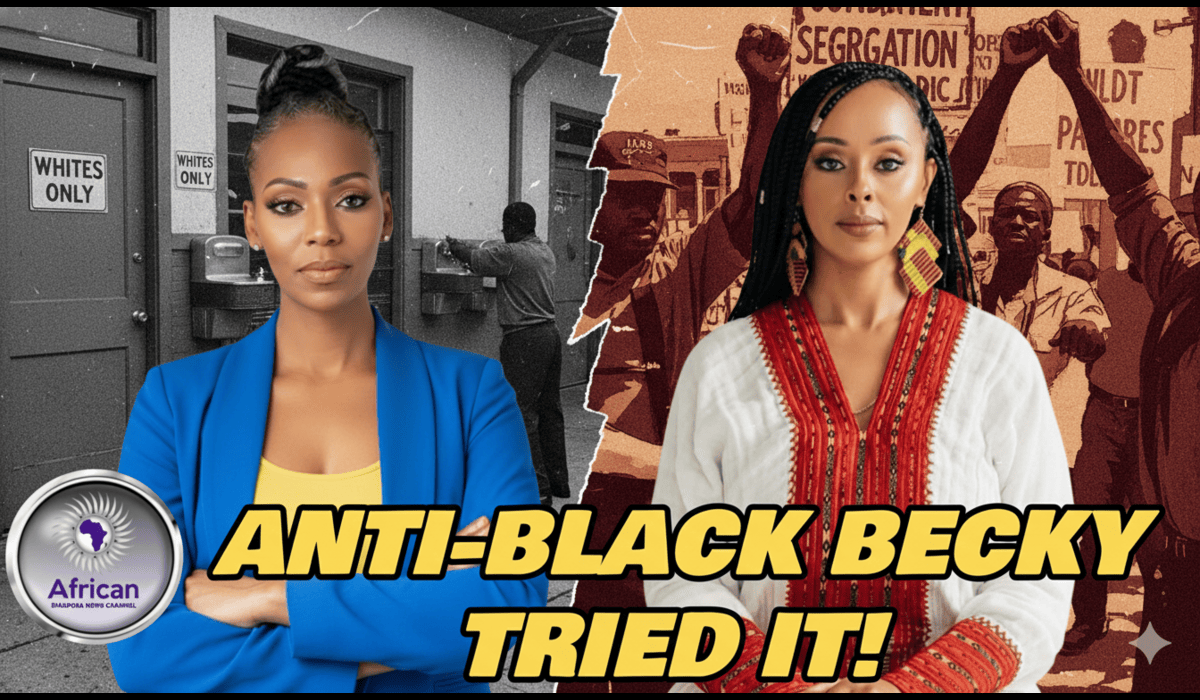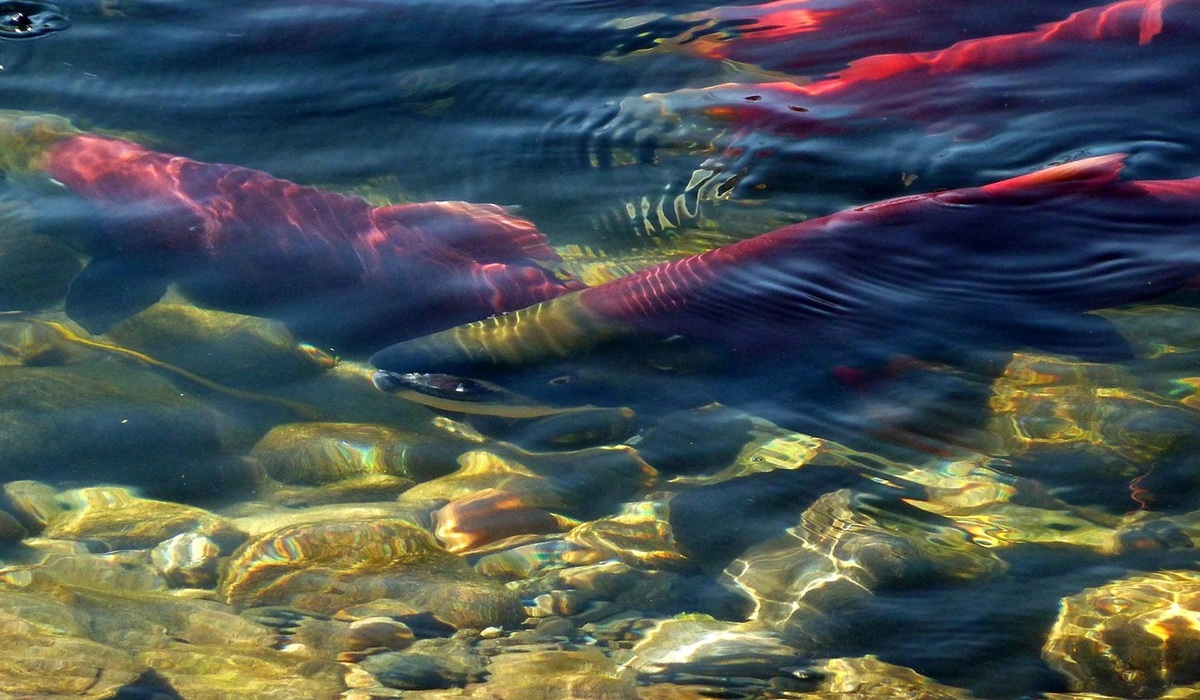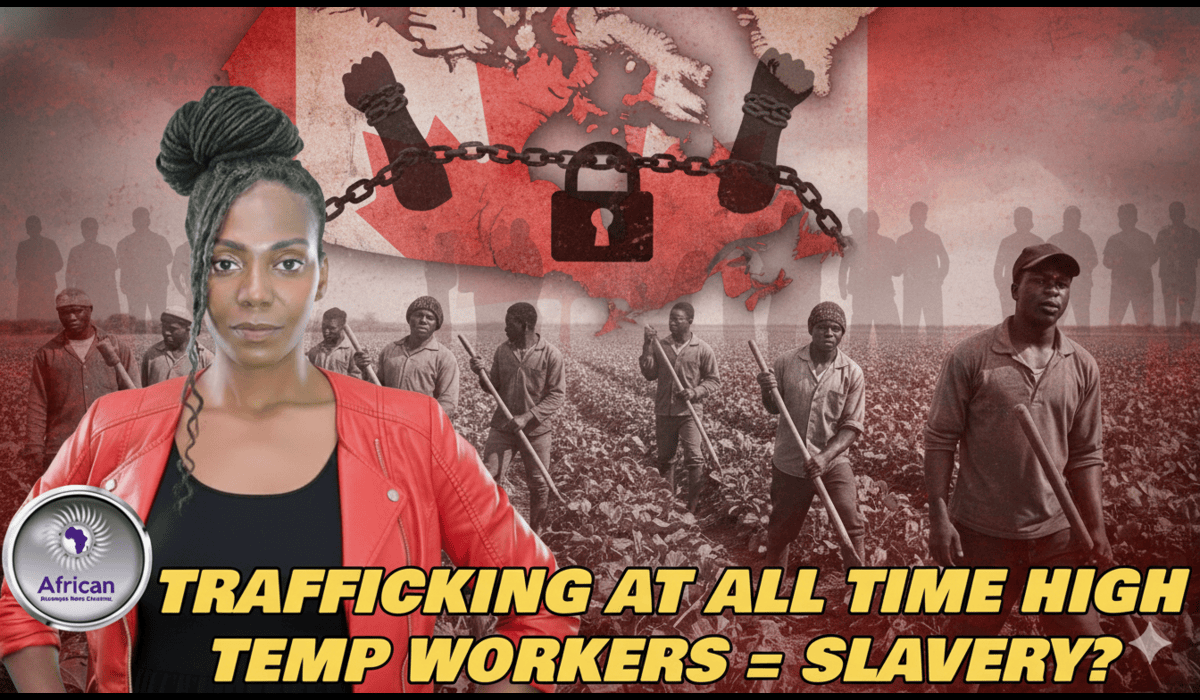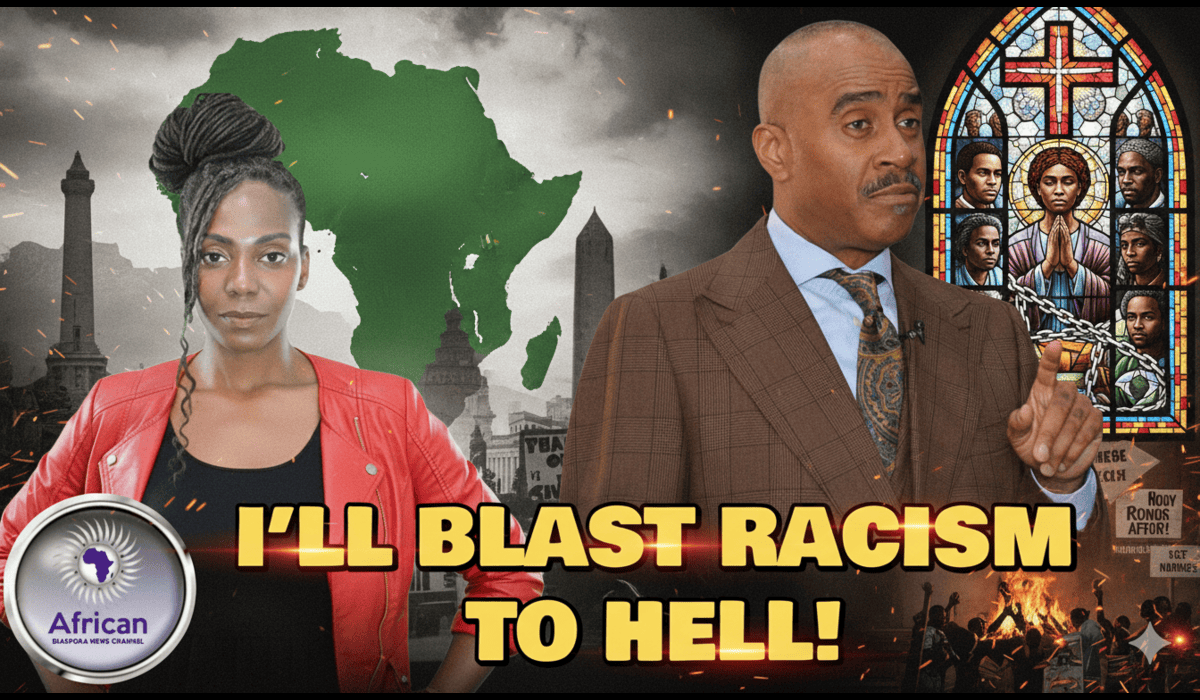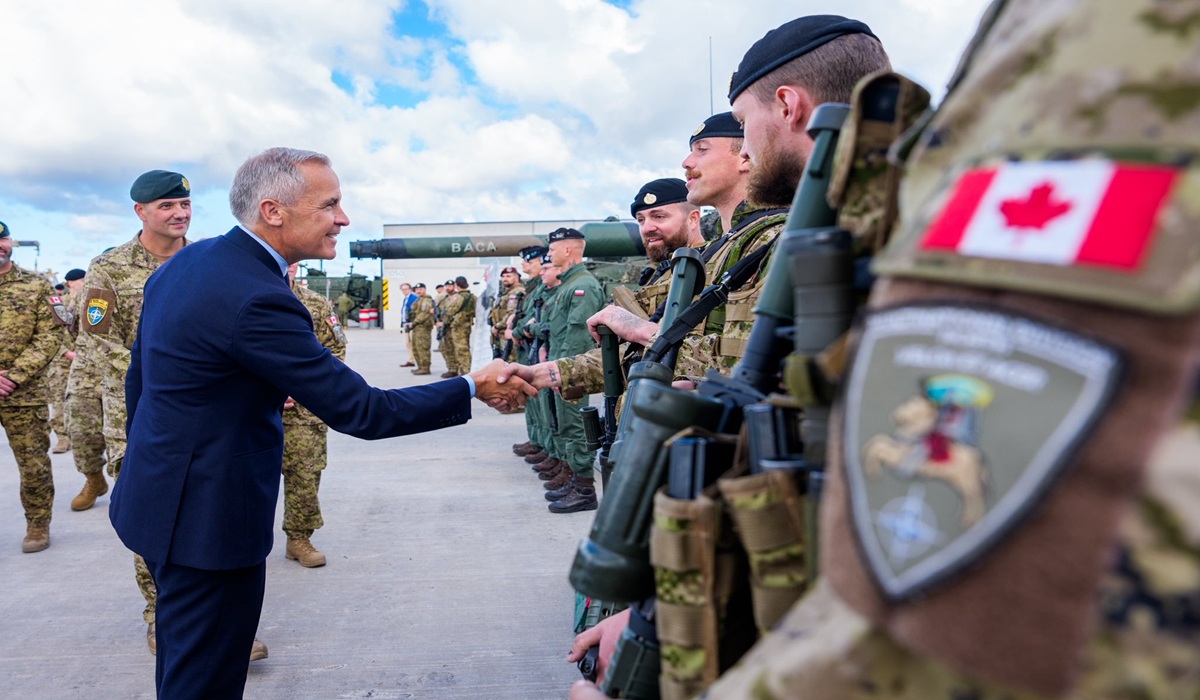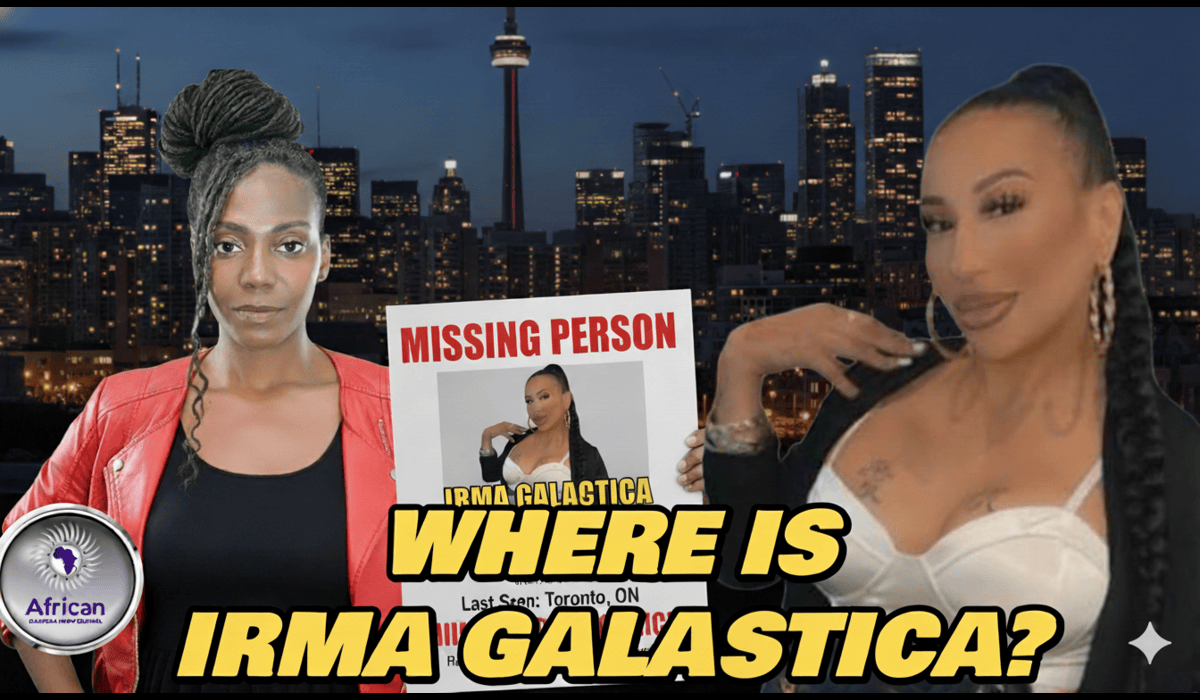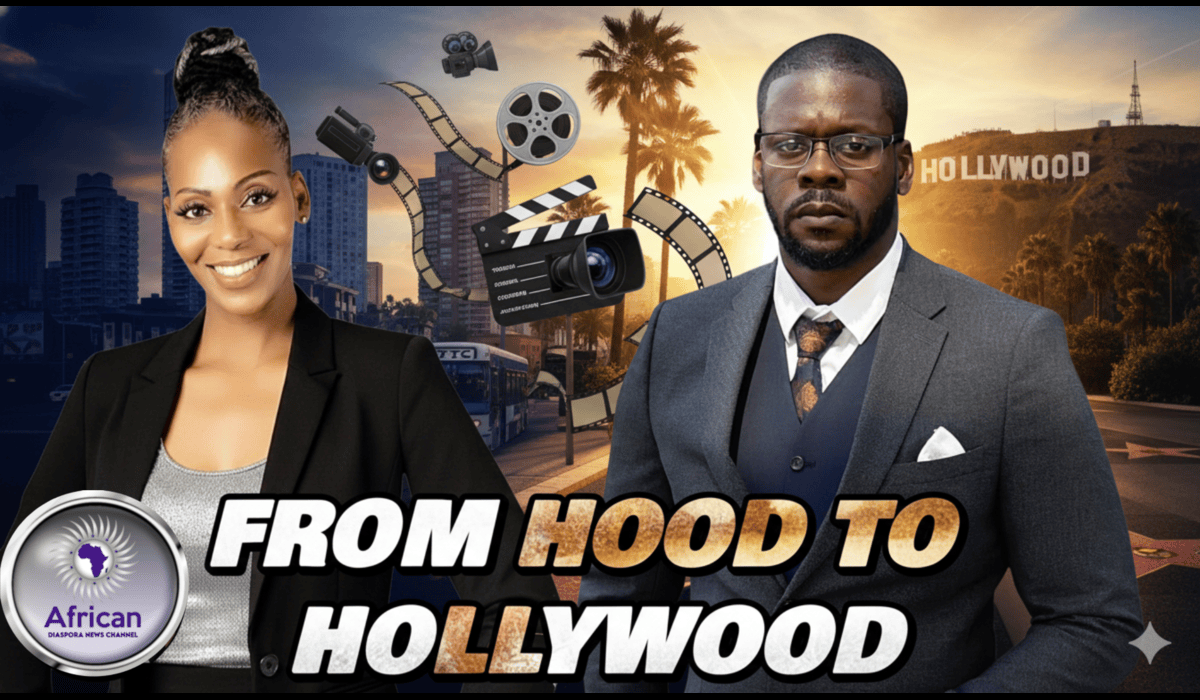Whose Land Is It Anyway? The Quiet Betrayal Beneath the Noise of Secession
- TDS News
- Canada
- May 2, 2025
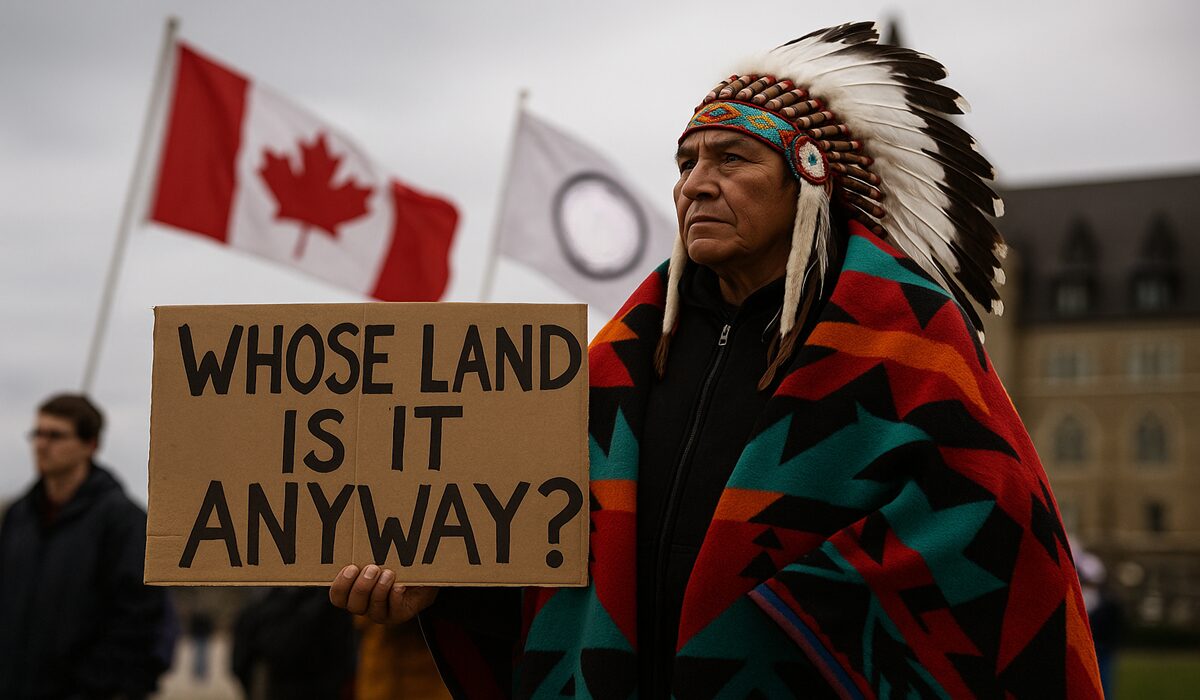
As the political murmurings of Alberta and Quebec carving their own paths away from the Canadian federation grow louder, another conversation—older, more sacred, and far more consequential—is being smothered beneath the weight of political bravado: the rights and sovereignty of the First Peoples of this land. In the flurry of debates, declarations, and so-called “independence movements,” there has been a glaring omission that reveals a profound disconnect between modern political ambition and historical reality—an unwillingness to reckon with treaties, with Indigenous jurisdiction, and with the truth of whose land this truly is.
The very notion that any province could simply secede from Canada without first and foremost consulting and negotiating with the Indigenous nations whose ancestral lands form the foundation of those territories is not just legally tenuous—it is morally bankrupt. In Alberta, more than 140 First Nations, Métis communities, and Inuit families reside on land that was never ceded through surrender in the way colonial governments might like to imagine. In Quebec, nearly a dozen distinct nations—such as the Cree, Mohawk, Innu, and Mi’kmaq—represent a living lineage of governance, language, and identity that predate both Confederation and colonization.
To talk of separation without talking to them is not only a constitutional absurdity—it is an insult.
This is not hyperbole. Indigenous leaders across Alberta and Quebec have begun raising their voices in response to separatist rhetoric, issuing cease and desist letters to governments and organizations that purport to speak for the province as a whole. They are not merely asking to be included—they are demanding that their treaties, which are binding nation-to-nation agreements, not be trampled under the boots of provincial hubris.
In doing so, they are not just protecting Indigenous rights—they are defending the very integrity of Canada itself.
Consider what it means if a province like Alberta or Quebec claims independence. Are we to believe that Treaty 6, Treaty 7, Treaty 8, James Bay and Northern Quebec Agreement, and dozens of other historic and modern treaties are simply nullified by fiat? What happens to federal fiduciary obligations enshrined in those treaties? Are healthcare services, infrastructure development, and education funding—already shamefully inadequate—meant to be renegotiated under new provincial regimes? And by whom? A provincial government that has already demonstrated its willingness to ignore Indigenous voices?
Worse still, what of Indigenous jurisdiction over land and law? Many First Nations and Métis communities operate their own police forces, schools, and governance structures. The Indian Act—flawed as it may be—is federal law. If Alberta or Quebec separates, what happens to the hundreds of billions of dollars in trust assets and shared obligations between Indigenous communities and the Crown? Is Ottawa supposed to follow with a new department of “Foreign Indigenous Affairs”?
These aren’t just hypotheticals—they are existential questions.
And they deserve real answers.
Yet, despite the gravity of these implications, Indigenous leaders are still being told—directly and indirectly—to be quiet. Told that these discussions are “too political.” That their resistance to erasure is inconvenient to provincial aspirations. That their rightful place as sovereign nations is somehow secondary to the imagined grievances of modern provincialism. It is a modern silencing that mirrors the brutal historical legacy of colonialism.
Let us not forget: Canada’s founding mythology is already built on contested ground. Every map, every pipeline, every piece of legislation reflects an uneasy compromise between the colonial state and the Indigenous nations whose lands were occupied in the name of progress. That tension remains unresolved to this day. So when provinces start drawing up imaginary borders and waving flags of independence, they are not building something new—they are perpetuating an old lie. A lie that says this land was ever theirs to take, to divide, to abandon.
Indigenous nations are not a “stakeholder” in this debate. They are not “consulted parties” to be brought in at the end. They are nations. They are landholders. They are, by every moral and legal definition, the original and rightful stewards of the territories in question.
To ignore this is to invite chaos.
Let us imagine, for a moment, what a post-separation Alberta or Quebec would look like without Indigenous consent. A province without access to federal transfers that underpin basic services, without recognition of treaty rights that provide land security, without constitutional clarity on land governance. You think Ottawa will fight separation with legal force? Wait until the Assembly of First Nations and their allies bring every international and domestic court to a standstill. The economic instability alone—pipeline cancellations, land claim injunctions, halted infrastructure projects—would grind these dreams of independence to dust.
This isn’t a debate about national unity. It’s a debate about moral clarity.
What we are witnessing, in real time, is a test of whether Canada has learned anything from its long history of broken promises. Whether it will stand up for the treaties it signed, or abandon them in the name of provincial expediency. Whether the concept of reconciliation is real, or just another slogan in a time of crisis.
To every Canadian who is not Indigenous: this is your fight, too. Not just because it affects your country’s future, but because it affects your country’s soul. If we allow provinces to stomp through sacred obligations, to sideline the First Peoples of this land in the name of political fantasy, we are not just condoning disrespect—we are participating in it.
It is time to ask: whose Canada are we trying to build? One where the treaties are honored, or one where they are erased the moment they become inconvenient?
In the end, land does not belong to Alberta or Quebec. It does not belong to the premiers or the separatist movements or the next political party to stir up populist rage. It belongs to the people who have never left it. Who have never forsaken it. Who have always known its worth—far beyond borders and ballots.
And if we forget that, we do not just risk the unraveling of a nation. We risk the unraveling of its very meaning.


